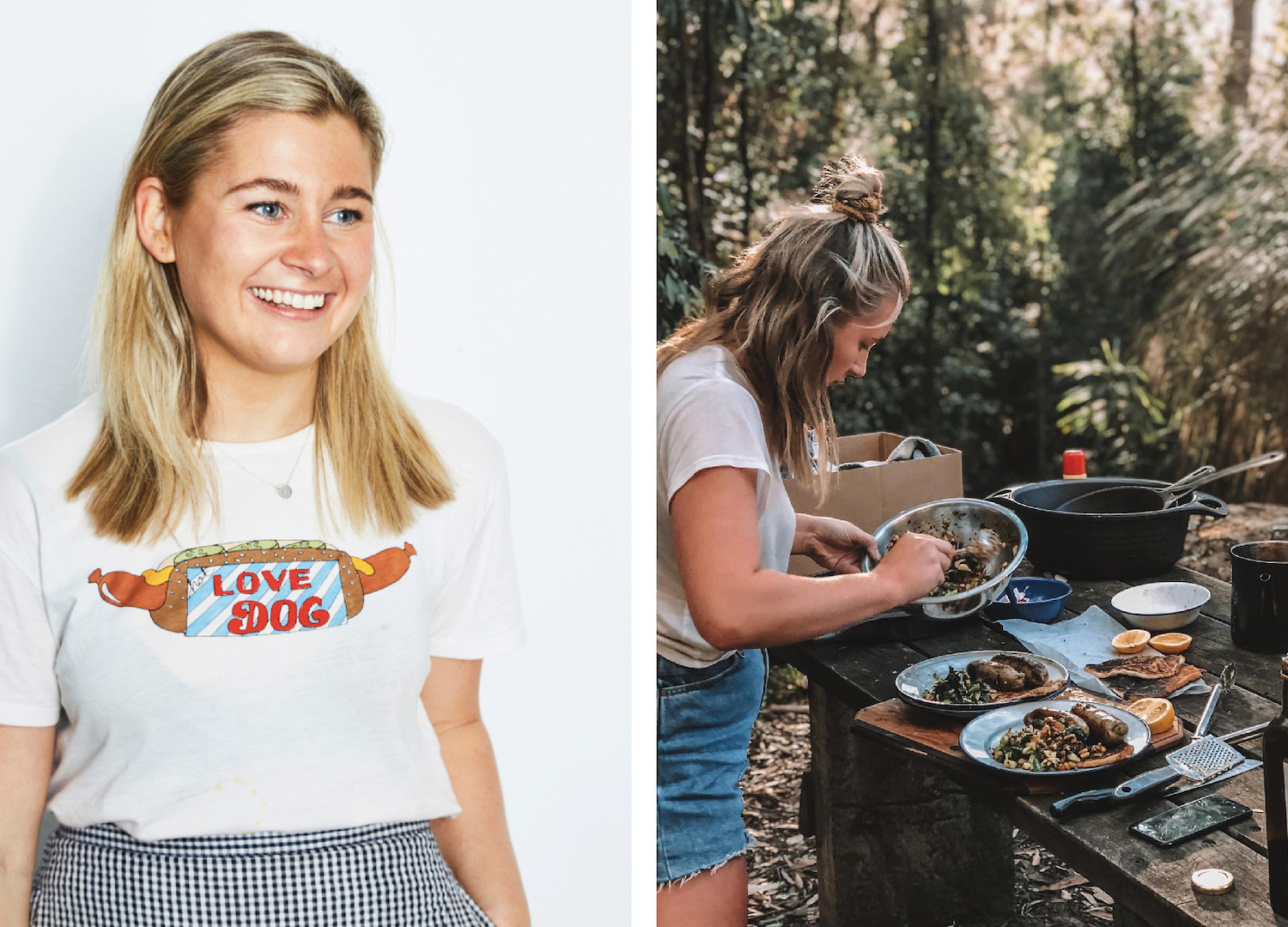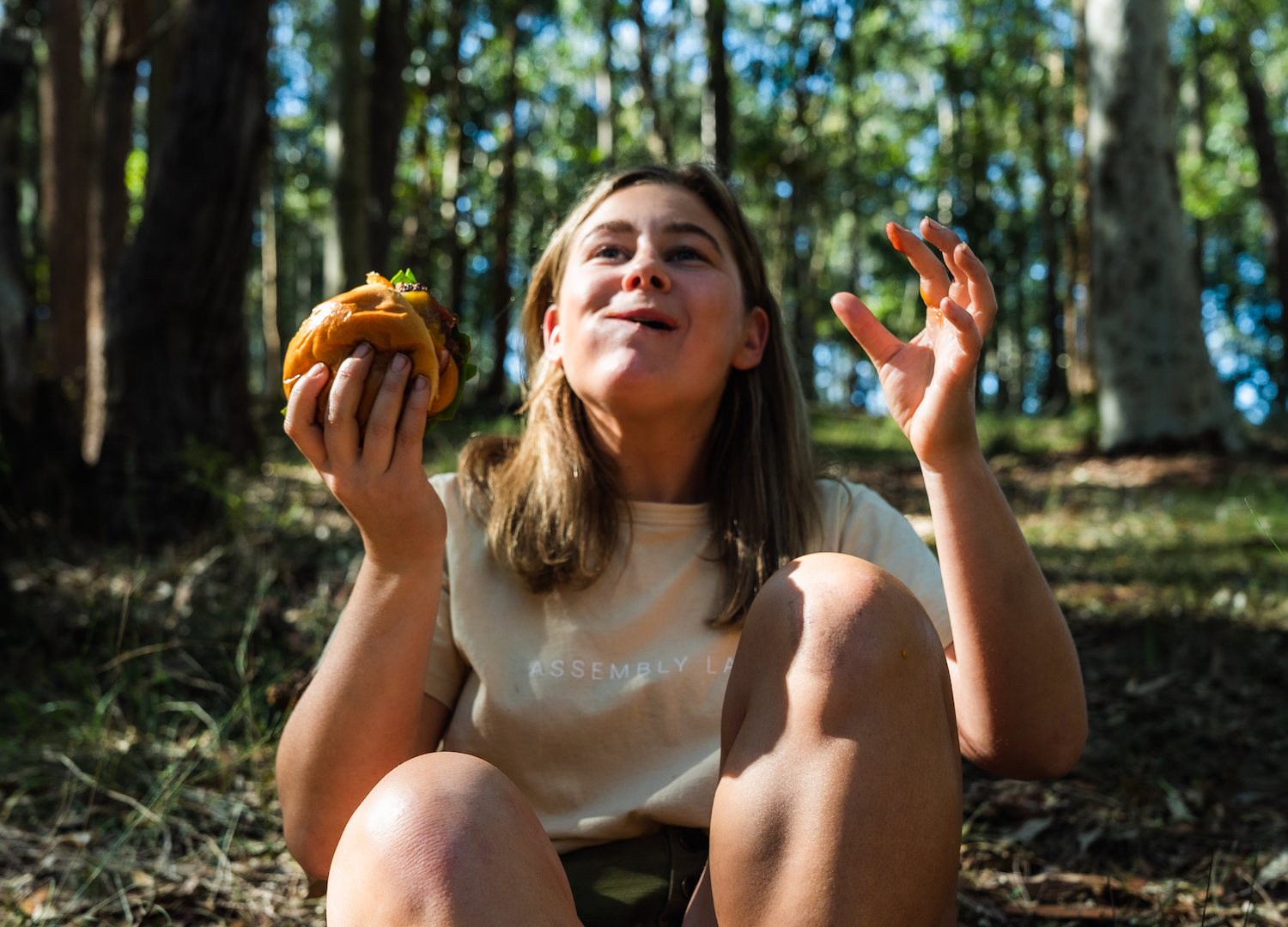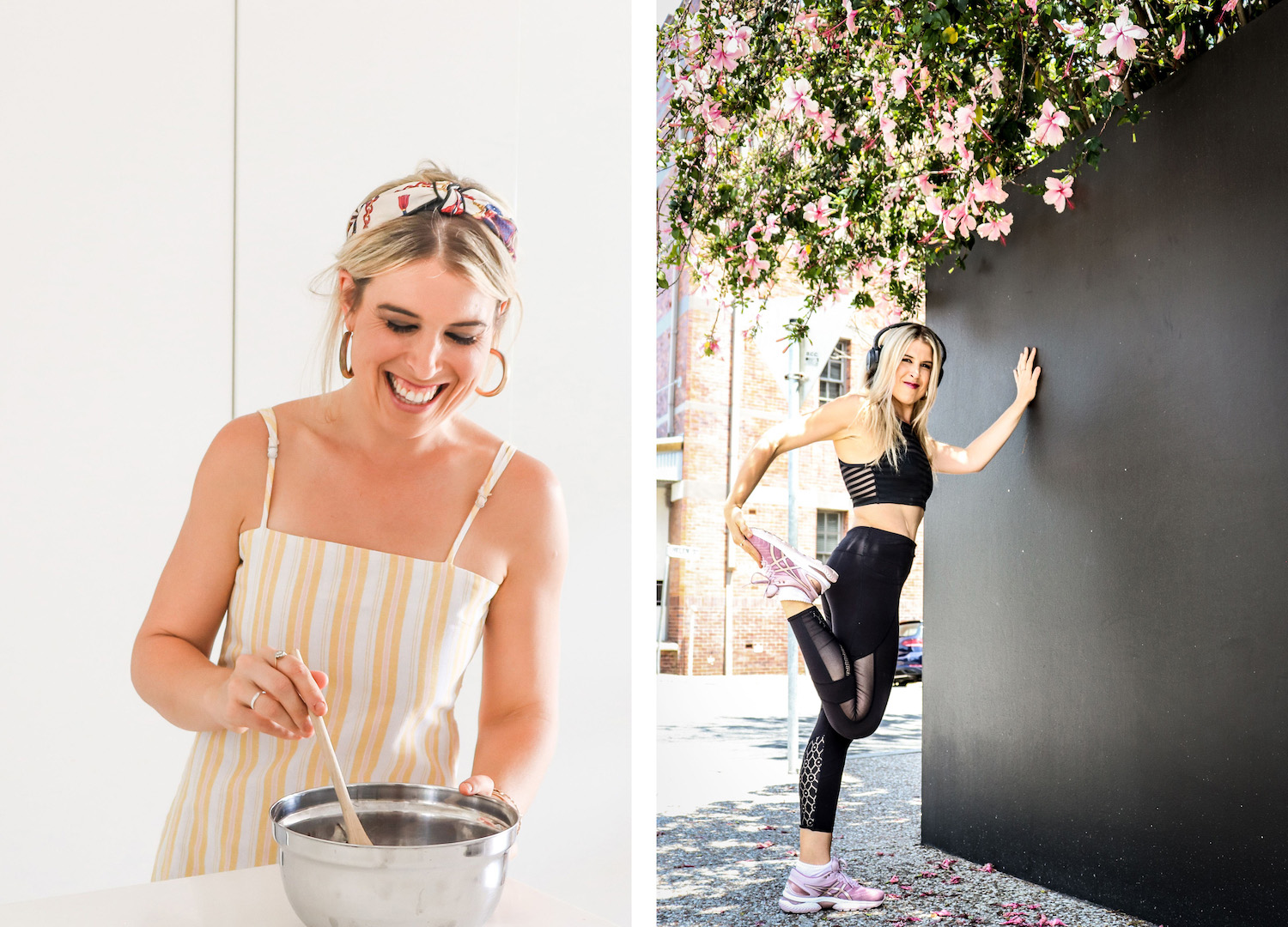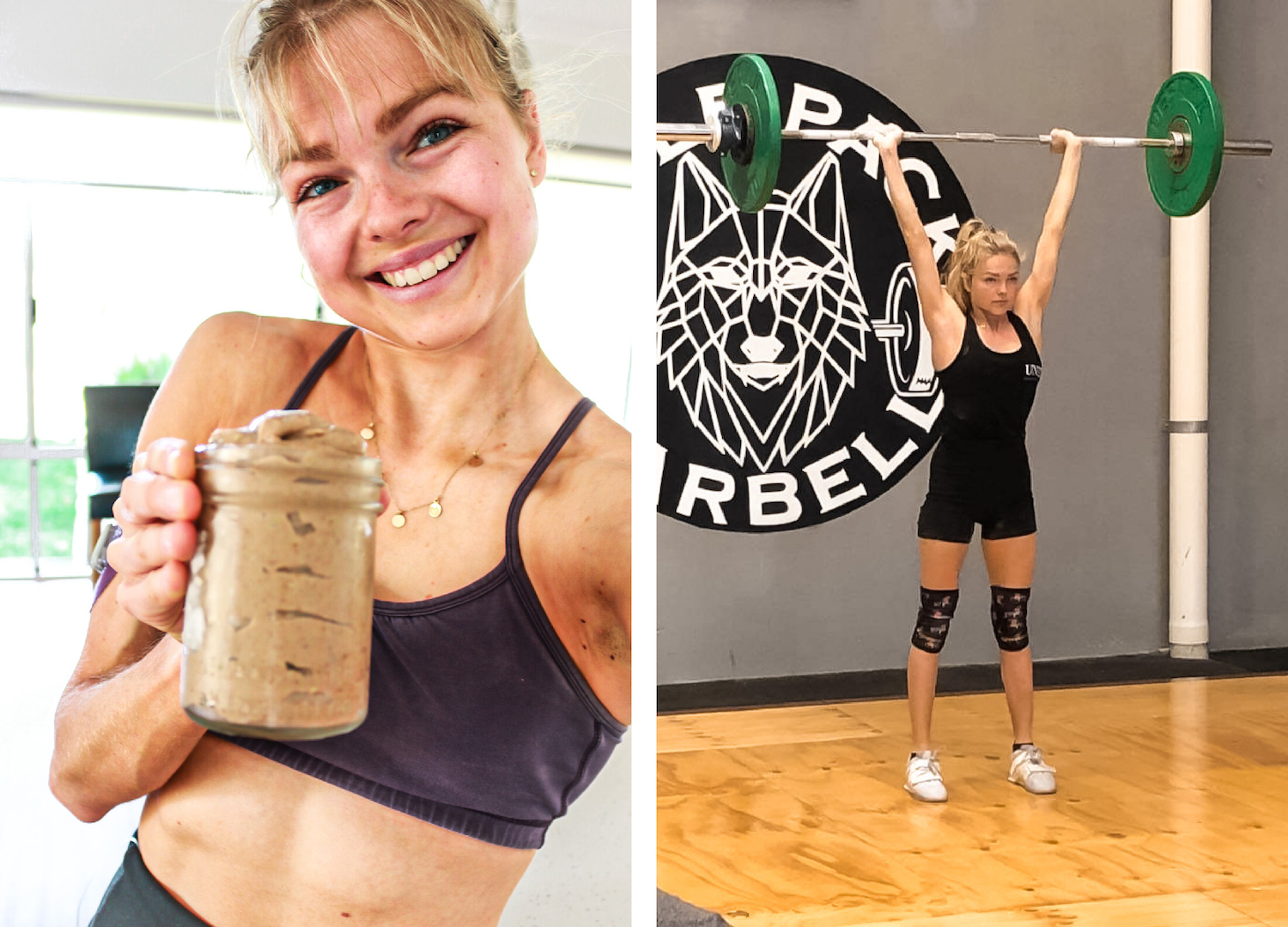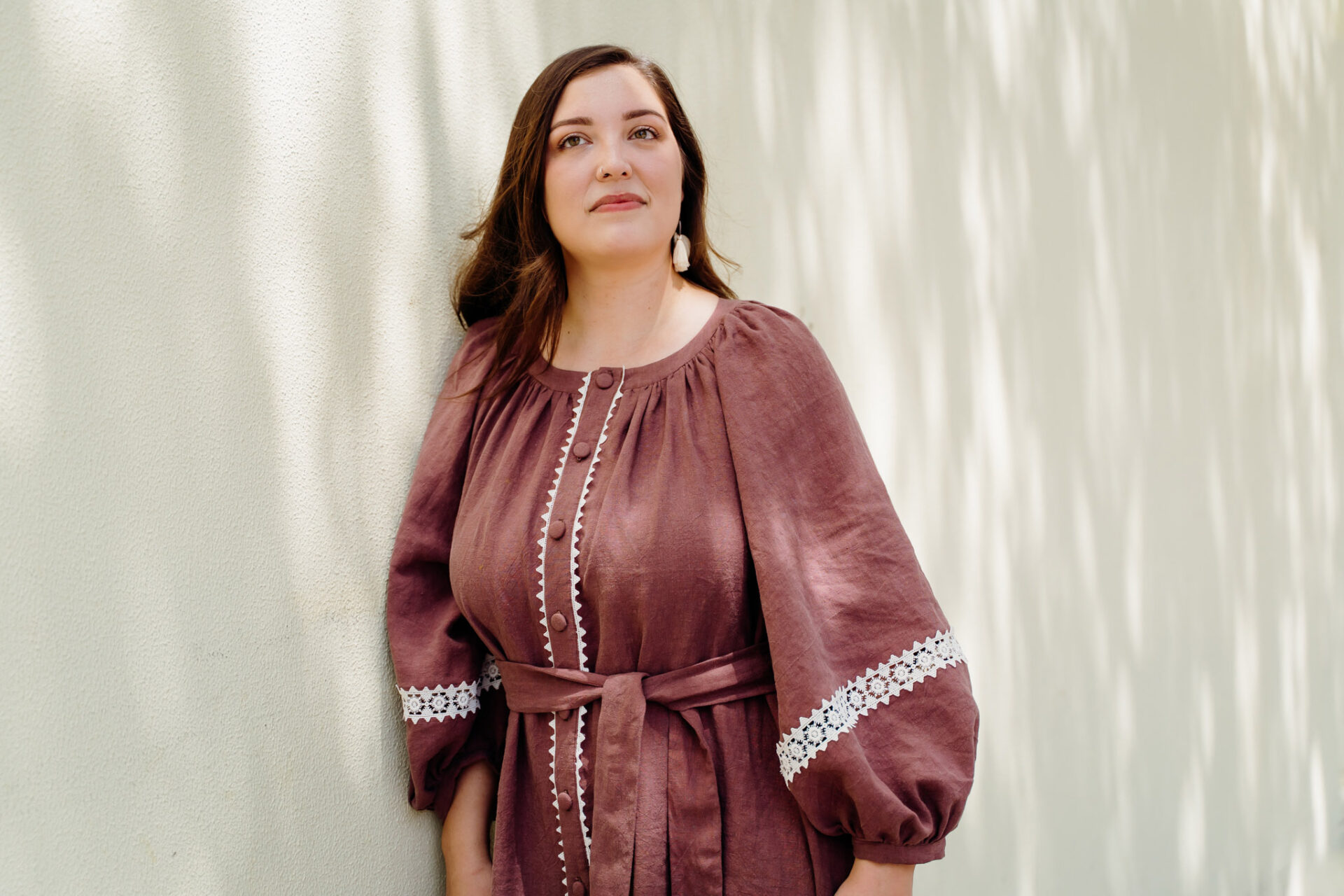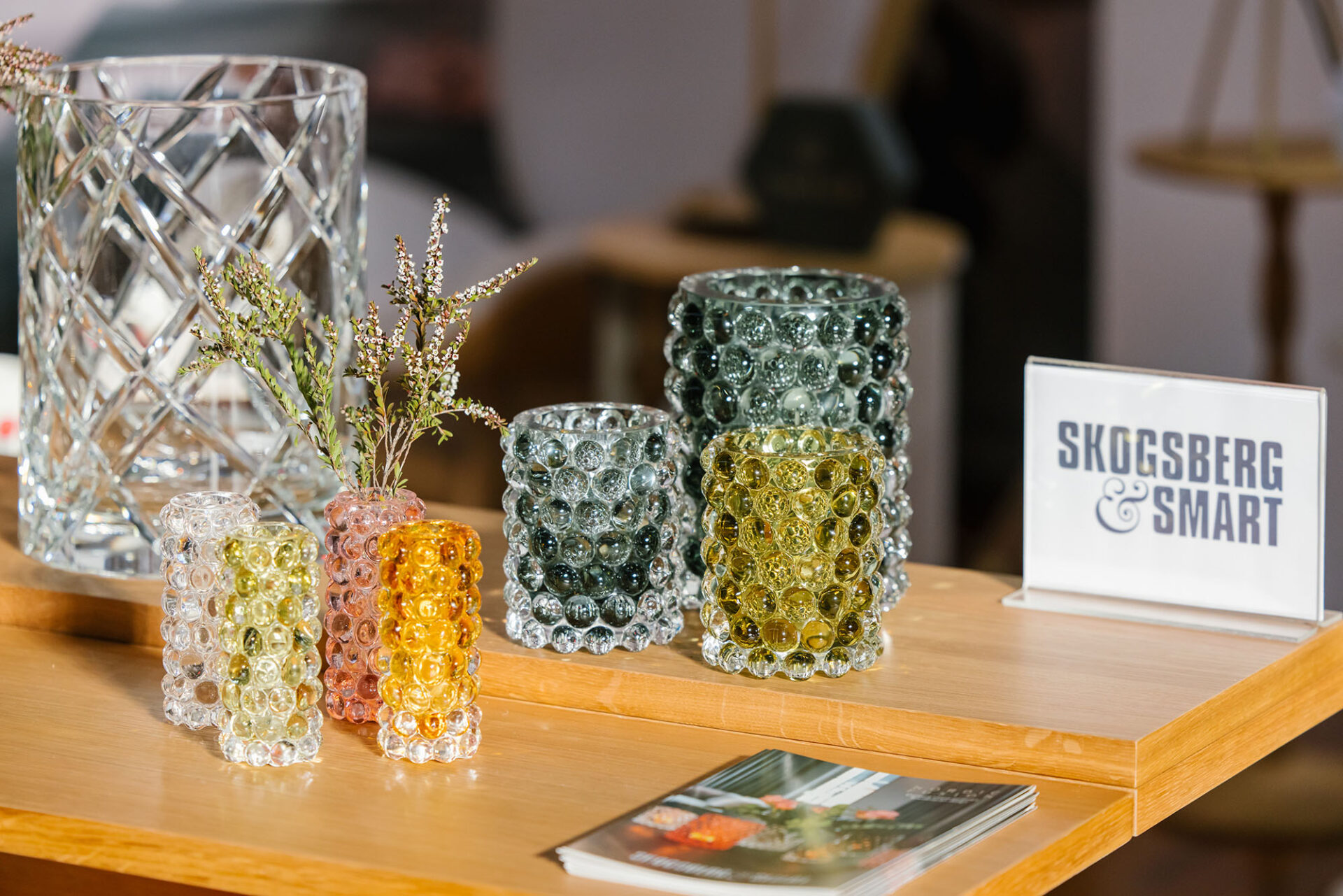“Nutrition Is Never Black and White”: Endeavour Graduates on How to Make Peace with Your Plate
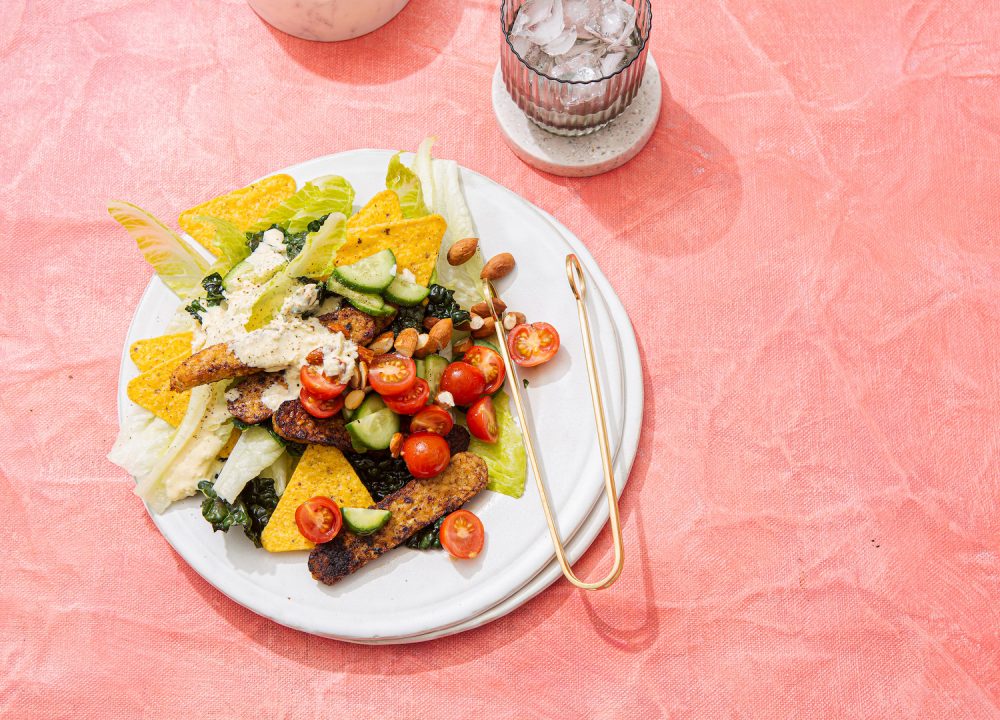
- Words by Peppermint
Content warning: This article discusses eating disorders. If you or anyone you know needs help with an eating disorder, call The Butterfly Foundation on 1800 33 4673.
Approximately 95 million photos and videos are shared on Instagram every single day. It’s a mind-boggling statistic that, while seemingly innocent, has real implications in the lives of everyday users – particularly in the nutrition space.
As influencers and brands prey (sometimes innocently) on the insecurities of impressionable young folks, questionable dietary advice and “what I eat in a day” posts flood social media feeds promising quick fixes and promoting bad habits. In fact, a survey conducted this year by Endeavour College of Natural Health revealed that 46% of young adults aged 18 to 24 followed influencers without any knowledge of their credentials.
“Whether it’s Instagram, TikTok or Facebook, there are too many incidents of so-called experts making inaccurate health claims,” Endeavour College nutrition trainer Sophie Scott says. “Not only can this be harmful, it’s also unethical and irresponsible. All people in a position of influence should be upfront and honest about their qualifications, especially if they are offering tips and advice in an area of health and wellness. Just as we expect to see accreditation when we enter a health practice, we’re calling on all health influencers to be clear about their qualifications so their audience can decide how credible they are.”
All people in a position of influence should be upfront and honest about their qualifications, especially if they are offering tips and advice in an area of health and wellness.
Meg Yonson, a recipe developer and art director who completed her nutrition studies at Endeavour College, has seen it firsthand. “With the rise of social media and the amplification of individual opinions, as well as the rise in interest in health and weight loss, there is a lot of space for misinformation and wellness ‘trends’ to take off,” she says.
RECIPE DEVELOPER AND ART DIRECTOR MEG YONSON top left PHOTO BY ELLA MARTIN
“The biggest misconception I hear and see is that you need to find a ‘unicorn’ piece of nutrition advice to help you thrive. I see people searching for the next diet, what food they need to avoid or what superfoods and potions they need to buy. Unless you have a specific health problem, which should be treated through careful analysis and supplementation with a qualified health practitioner, it doesn’t need to be complicated or restrictive.”
The biggest misconception I hear and see is that you need to find a ‘unicorn’ piece of nutrition advice to help you thrive.
After an eating disorder consumed much of her childhood, Endeavour College graduate and clinical nutritionist Lexi Crouch dedicated her life to encouraging a positive, nutrition-led approach to body image and providing the insight that was missing in her own recovery.
“It is absolutely vital for health influencers to be qualified and transparent about their credentials as false claims can lead to dangerous and detrimental outcomes,” Lexi says. “With the large volume of influencers on social media these days, there’s a lot of confusion among people who follow influencers, with many taking their posts as gospel. From my own 20-year battle with anorexia and the ongoing work I do with eating disorder organisations and sufferers, I’ve experienced and witnessed firsthand the devastating impact of irresponsible influencers – I wish more influencers would think before they post.”
CLINICAL NUTRITIONIST LEXI CROUCH
“There is so much information available in current times, yet it does not always come from reliable sources which can lead to more damage than good,” she continues. “Questions to ask include: do the people giving advice have qualifications or training in the field? Does the source, if they’re a person, walk their talk (this can be hard to decipher on social media, so be careful) and has the information come from an evidence-based source – meaning has it been researched, studied and approved by relevant organisations?”
Fellow eating disorder survivor and Endeavour College alumni Nina Gelbke agrees. “It’s incredibly frustrating because I directly see the impact that it can have on people’s health and their relationship with food when people are giving ‘advice’ or spreading misinformation that isn’t based on evidence or in the relevant context,” Nina says. “So many people come to see me that have been overwhelmed, confused and often even led down the path of very disordered eating habits and beliefs due to this kind of information, both on social media and from people who aren’t properly qualified – like fitness coaches and personal trainers – giving them inappropriate nutrition recommendations. I just really hope the profession will become better regulated in the very near future.”
So many people come to see me that have been overwhelmed, confused and often even led down the path of very disordered eating habits and beliefs due to this kind of information.
Navigating life as a T1 diabetic, the plant-based, competitive athlete and sports nutritionist is particularly frustrated by unqualified nutritionists giving this ‘advice’ online. “I always say that social media is great for inspiration and a little education, but for individual nutrition and health advice or recommendations, it’s really important to seek individualised help from an accredited nutrition professional – as what’s best and right for you will be unique to you and your needs, circumstances and goals,” she shares.
SPORTS NUTRITIONIST NINA GELBKE
Meg agrees: “I recommend always seeking information from a trained health care professional that you have a good rapport with, and talking to this person one-on-one, instead of taking generic information online, so they can tailor information to your own circumstances.”
It’s really crucial to know that nutrition is never black and white, it’s a million shades of grey.
Nina also says “really looking at where and who you are getting your nutrition information from” is so important to cut through the noise and get reliable, evidence-based and verified information. “Are they qualified in the field? Do they have an agenda, such as trying to sell you something? Can they back up their claims with evidence?” she says. “This can be so challenging, especially in the world of social media! It’s really crucial to know that nutrition is never black and white, it’s a million shades of grey. Certain things may hold true in certain situations, but be completely irrelevant, or even harmful in others. Context and individuality is so key!”
This article was created in partnership with our friends at Endeavour College of Natural Health who offer Bachelor of Health Science degrees in naturopathy, nutritional and dietetic medicine, acupuncture, acupuncture therapies and Chinese medicine, as well as four undergraduate certificates, diplomas in Chinese remedial massage and health science, and their new short courses at six campuses across Australia (Sydney, Melbourne, Brisbane, Gold Coast, Perth and Adelaide). For more information visit endeavour.edu.au.
top image RECIPE BY MEG YONSON, PHOTO BY LUISA BRIMBLE, STYLING BY OLIVIA BLACKMORE
JOIN OUR MAILING LIST
Brighten up your inbox with our not-too-frequent emails featuring Peppermint-related news, events, competitions and more!
explore
More articles
Look, I don’t want to make anyone panic but IT’S DECEMBER!!! If you’re planning to give homemade gifts, you’re going to have to act fast. …
Hang out with us on Instagram
🌻 The Paddington 🌻
This is a much-loved staple, created for Issue 50 in 2021. We love seeing the #PeppermintPaddingtonTop continually popping up in our feeds!
How stunning is our model Elon MelaninGoddessEfon – she told us it was one of the first times she had been asked to come to a shoot with her natural hair. 🌻
We worked with South African patternmaker Sarah Steenkamp of @FrenchNavyNow_ to create this wardrobe essential – the perfect puff-sleeve blouse. Raglan sleeves make it the ultimate beginner sew, plus the gorgeous back buttons let you add your own personal twist.
Pattern via the link in bio! 🪡
Photos: @KelleySheenan
Fabric: @Spoonflower
Model: MelaninGoddessEfon

“In the 1940’s, Norwegians made and wore red pointed hats with a tassel as a form of visual protest against Nazi occupation of their country. Within two years, the Nazis made these protest hats illegal and punishable by law to wear, make, or distribute. As purveyors of traditional craft, we felt it appropriate to revisit this design.”
Crafters have often been at the heart of many protest movements, often serving as a powerful means of political expression. @NeedleAndSkein, a yarn store in Minnesota, are helping to mobilise the craftivists of the world with a ‘Melt The Ice’ knitting pattern created by @Yarn_Cult (with a crochet pattern too), as a way of peaceful protest.
The proceeds from the $5 pattern will go to local immigrant aid organisations – or you can donate without buying the pattern.
Raise those needles, folks – art and craft can change the world. 🧶
Link in bio for the pattern.
Images: @Gather_Fiber @NeedleAndSkein @a2ina2 @KyraGiggles Sandi.204 @WhatTracyMakes AllieKnitsAway Auntabwi2
#MeltTheIce #Craftivism #Knitting #CraftForChange

TWO WEEKS TO GO! 🤩
"The most important shift is moving from volume-led buying to value-led curation – choosing fewer, better products with strong ethics, considered production and meaningful stories. Retailers have real influence here: what you buy signals what you stand for. At Life Instyle, this means using the event to discover and invest in small-scale, planet-considerate brands that align with your values and your customer’s conscience. Consumers don’t need more things; they need better things, and retailers play a key role in selecting, contextualising, and championing why those products matter."
Only two more weeks until @Life_Instyle – Australia`s leading boutique retail trade show. If you own a store, don`t miss this event! Connect with designers, source exquisite – and mindful – products, and see firsthand why this is Australia’s go-to trade show for creatives and retailers alike. And it`s free! ✨️
Life Instyle – Sydney/Eora Country
14-17 February 2026
ICC, Darling Harbour
Photos: @Samsette
#LifeInstyle #SustainableShopping #SustainableShop #RetailTradeEvent

Calling all sewists! 📞
Have you made the Peppermint Waratah Wrap Dress yet? Call *1800 I NEED THIS NOW to get making!
This gorgeous green number was modelled (and made) by the fabulous Lisa of @Tricky.Pockets 🙌🏼
If you need a nudge, @ePrintOnline are offering Peppermint sewists a huge 🌟 30% off ALL A0 printing 🌟 when you purchase the Special Release Waratah Wrap Dress pattern – how generous is that?!
Head to the link in bio now 📞
*Not a real number in case that wasn`t clear 😂
#PeppermintWaratahWrapDress #PeppermintPatterns #SewingPattern #WrapDress #WrapDressPattern

8 Things to Know About January 26 - from @ClothingTheGaps:
Before you celebrate, take the time to learn the truth. January 26 is not a day of unity it’s a Day of Mourning and Survival for Aboriginal and Torres Strait Islander peoples.
It marks the beginning of invasion, dispossession, and ongoing colonial violence. It’s time for truth-telling, not whitewashed history.
Stand in solidarity. Learn. Reflect. Act.
✊🏽 Blog written by Yorta Yorta woman Taneshia Atkinson.
🔗 Link in bio of @ClothingTheGaps to read the full blog
#ChangeTheDate #InvasionDay #SurvivalDay #AlwaysWasAlwaysWillBe #ClothingTheGaps

As the world careens towards AI seeping into our feeds, finds and even friend-zones, it`s becoming increasingly hard to ignore.
We just wanted to say that here at Peppermint, we are choosing to not print or publish AI-generated art, photos, words, videos or content.
Merriam-Webster’s human editors chose `slop` as the 2025 Word of the Year – they define it as “digital content of low quality that is produced usually in quantity by means of artificial intelligence.” The problem is, as AI increases in quality, it`s becoming more and more difficult to ascertain what`s real and what`s not.
Let`s be clear here, AI absolutely has its place in science, in climate modelling, in medical breakthroughs, in many places... but not in replacing the work of artists, writers and creatives.
Can we guarantee that everything we publish is AI-free? Honestly, not really. We know we are not using it to create content, but we are also relying on the artists, makers and contributors we work with, as well as our advertisers, to supply imagery, artwork or words created by humans. AI features are also creeping into programs and apps too, making it difficult to navigate. But we will do our best to avoid it and make a stand for the artists and creatives who have had their work stolen and used to train AI machines, and those who are now losing work as they are replaced by this energy-sapping, environment-destroying magic wand.
Could using it help our productivity and bottom line? Sure. And as a small business in a difficult landscape, that`s a hard one to turn down. We know other publishers who use AI to write stories, create recipes, produce photo shoots... but this one is important to us.
`Touch grass` was also a Merriam-Webster Word of the Year. We`ll happily stick with that as a theme, thanks very much. 🌿

